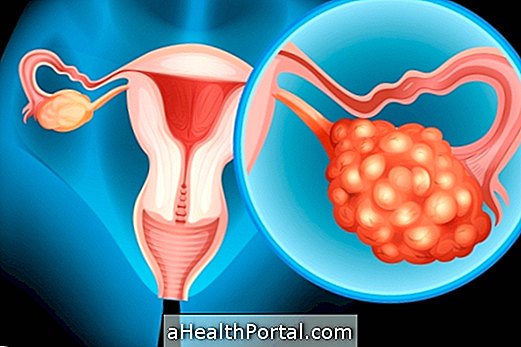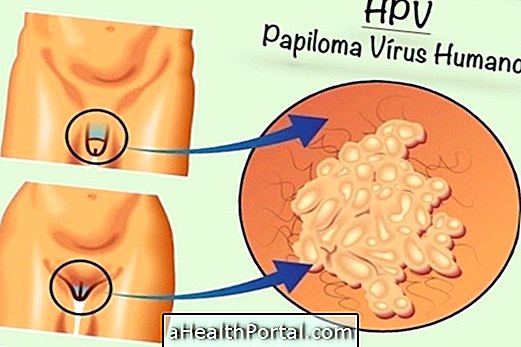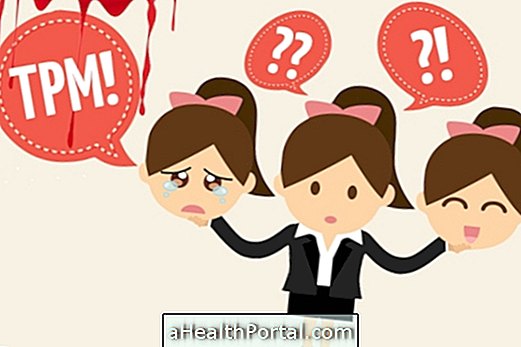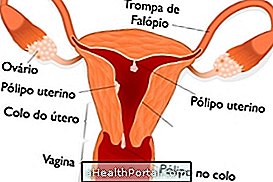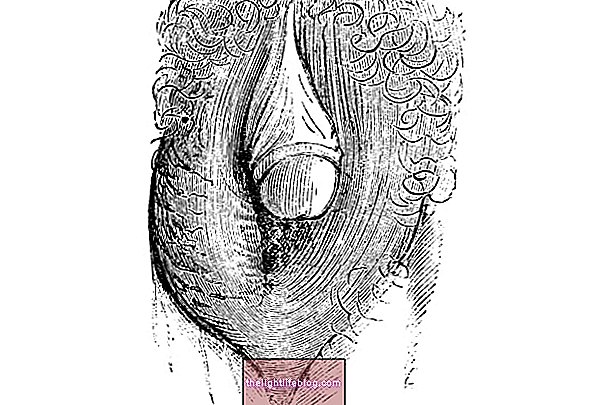It is advised to go to the gynecologist at least once a year to perform diagnostic tests, such as a pap smear, that helps identify early changes in the uterus that when not treated properly can lead to cancer.
In addition, it is also important to go to the gynecologist to identify sexually transmitted diseases, such as syphilis or gonorrhea or gynecological ultrasound to evaluate a pregnancy.
In addition, some of the signs that indicate that the woman should go to the gynecologist include:
1. Late menstruation
When menstruation is delayed for at least 2 months and the pharmacy pregnancy test was negative it is necessary to go to the gynecologist because the delay of menstruation can occur when the woman develops problems in the reproductive system, such as having polycystic ovaries or endometriosis or due to bad functioning of the thyroid.
However, the cycle can also be changed when the woman stops using the contraceptive, like the pill, changes contraceptive or when she is very stressed for several days. Learn other reasons for delayed menstruation: Lack of menstruation is not always a sign of pregnancy.
2. Yellow or foul-smelling discharge
Having yellow, greenish or smelling discharge are signs of infection, such as vaginosis, gonorrhea, chlamydia, or trichomoniasis. In addition to these symptoms it is common to have itching in the vagina and pain when urinating.
In these cases, the gynecologist usually performs an examination, such as a pap smear or gynecological ultrasound, to examine the uterus and make the correct diagnosis, and the treatment is done with antibiotics such as Metronidazole, Ceftriaxone, or Azithromycin that can be used as tablets or ointments. Get to know a natural treatment in: Home remedy for vaginal discharge.
3. Pain during intercourse
In most cases, pain during sexual intercourse, also known as dyspareunia, is related to lack of lubrication of the vagina or decreased libido that may be caused by excessive stress, use of certain medications, such as antidepressants, or relationship of the couple.
However, pain can also arise when a woman has vaginismus or vaginal infections and is more frequent in menopause and the postpartum period. To treat pain during intimate contact, depending on the cause, your doctor may indicate the use of antibiotics, indicate Kegel exercises, or use lubricants. To know more causes read: What can be and how to treat pain during intercourse.
Bleeding out of menstruation
Usually bleeding out of the menstrual period does not indicate any serious health problems and is common after a gynecological examination such as pap smear. In addition, it can also happen during the first 2 months if the woman changes the contraceptive method.
In addition, it may indicate the presence of polyps in the uterus or may indicate pregnancy if it occurs 2 to 3 days after intimate contact and therefore it is necessary to go to the gynecologist. To know more causes read: What can be bleeding out of the menstrual period.
5. Pain when urinating
Pain when urinating is one of the main signs of a urinary tract infection and causes other symptoms such as blurred urine, increased frequency of urination or pain in the abdomen. See more symptoms in: Symptoms of urinary tract infection.
The treatment for pain when urinating is usually done with the use of antibiotics indicated by the doctor, such as sulfamethoxazole, norfloxacin or ciprofloxacin, for example. To know if you have an infection know more at: How to do a home examination to detect a urinary tract infection.
When to go to the gynecologist for the first time
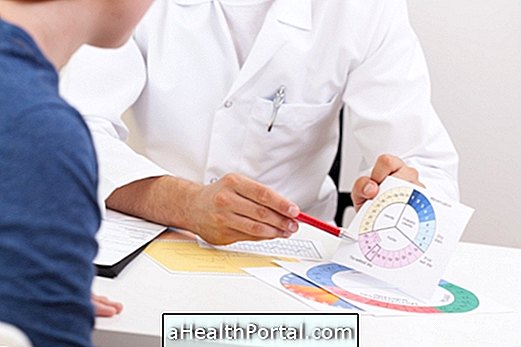
The first visit to the gynecologist should be done soon after the first menstruation, which can vary between 9 and 15 years of age. This doctor will ask questions such as how the girl feels during menstruation, whether she feels colic, breast pain and may clarify questions and explain about what menstruation is and how the menstrual cycle works.
Normally the mother, the aunt or another woman takes the girl to the gynecologist to accompany, but this can be uncomfortable and make her shy and embarrassed to ask anything. At the first visit, the gynecologist rarely asks to see the private parts, being reserved only for cases where the girl has discharge or some complaint such as pain, for example.
The gynecologist may ask to see the panties only to confirm if there is any discharge and explain that it is normal to get a small transparent or whitish secretion on a few days of the month and this is only cause for concern when the color changes to green, yellowish, or rosy and whenever there is a strong and unpleasant smell.
This doctor may also clarify when the girl should start using some contraceptive method to avoid teenage pregnancy. This is important because one should start taking the pill before the first sexual intercourse so that it is actually protected.
